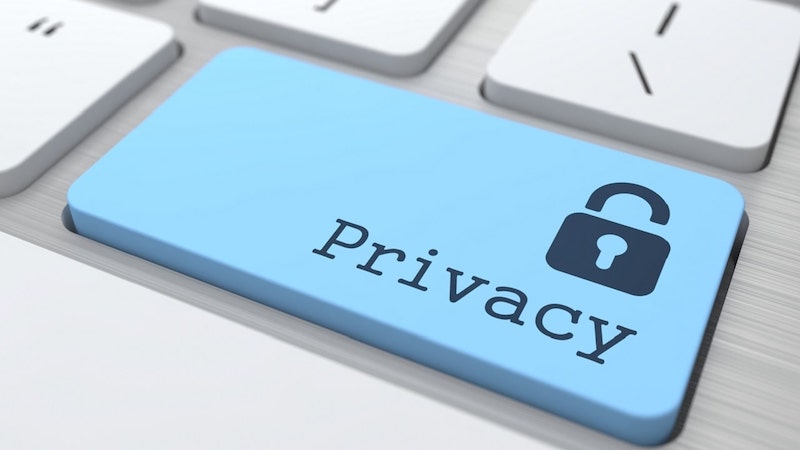The AI Act, the first European law on artificial intelligence, has just been approved in Brussels, which will also pay particular attention to the issue of privacy.
A more important and current topic than ever, that of safeguarding one’s data. The Black Friday period ended a few days ago and now continues well beyond Cyber Monday. And which we have learned is particularly delicate in this sense: online access is multiplying, especially to purchase products, and together attempts at various types of deception are also multiplying.
The Christmas holidays are approaching, and the situation is similar: between exchanges of gifts and greetings, the bad guys are ready to ensnare us. For this reason, the Guarantor for the protection of personal data, better known as the Privacy Guarantor, has drawn up a handbook on how to protect your privacy during Christmas. Let’s see what it’s about.

The Guarantor’s advice
The note was published on Monday 11 December on the website of the Privacy Guarantor. The title reads: “Privacy under the tree. The Guarantor’s advice to effectively protect personal data even at Christmas”. And it refers to an information sheet of “Tips on how to protect personal data during the Christmas holidays.”
It’s a information campaign that every year the Guarantor disseminates not only on its website but also on its social profiles (Instagram, X, Linkedin, YouTube and Telegram). And which is updated from year to year depending on new threats, as well as new technological and regulatory developments.
But the first line of defense, recalls the Guarantor, is represented by “the attention with which personal data is protected and possibly disclosed, especially when it concerns minors.
The fundamental indication is therefore to always think carefully and with awareness before making available or sharing personal information, including videos and photos. And if you purchase or use goods and services online, the first thing to do is read the privacy policy to find out how, by whom and for what purposes our data will be used.”
Privacy-proof Christmas greetings
The first warning on privacy concerns virtual Christmas greetings. Naturally, you should avoid opening them if the origin is not very certain: they could contain phishing attempts or malware. The same if the sender is known but the message is suspicious.
No to the wild diffusion of content
We can take all the photos we want, but think carefully before spreading videos or images, especially if they add tags.
A Christmas lunch or dinner are moments of conviviality, but It’s not a given that anyone enjoys being shown to strangers, perhaps in a moment of family intimacy. Particular attention must also be paid to photos and videos in which children and young people appear, which could be downloaded by malicious people. Better not to post them or limit visibility to friends only.
The Guarantor then recalls that “alternatively, some precautions can be used, such as making the minor’s face unrecognizable (for example, using graphics programs to ‘pixulate’ the faces, which are simple to use and also available for free online, or by simply positioning a ‘smiley’ emoticon)”.
We add that filming or photographing Christmas performances does not harm privacy only if the contents are collected “for personal purposes and are intended for a family or friend environment”.
Christmas parcels
We are (always) wary of offers with amazing discounts, to be perfected by clicking on a certain link. In these cases, the attempt to extort our data or infect the device with a virus is just around the corner.
We carefully check the reliability of the sender and the grammatical correctness of the message. But we never open suspicious links, it remains the most effective protection. A first discriminating factor is verifying the link, which is safe if it begins with “https” and has the padlock symbol.
The same goes for apps, including those for sending virtual Christmas cards. Let’s download them only from the official markets.
Holidays and common sense
For many, Christmas is synonymous with holidays. Let’s remember not only to deactivate smart devices in our absence, but also not to declare too explicitly – on social media – how long we will be away from home. In this case we risk arousing the curiosity of even old-fashioned scoundrels. Thieves, in short.
And once on holiday, let’s not forget that the Wi-Fi connection in holiday resorts does not always offer adequate protection.
Smart toys
In the end, the link between privacy and Christmas also passes through smart toys. Before giving an intelligent and interactive game as a gift, let’s make sure what and how much personal data it collects.
In this sense, the Privacy Guarantor has prepared an information sheet.















Leave a Reply
View Comments